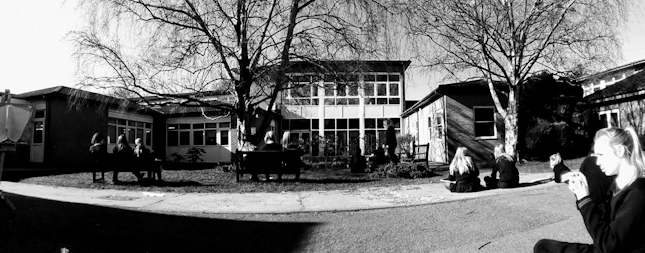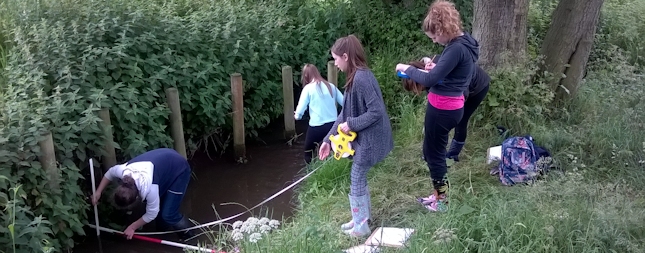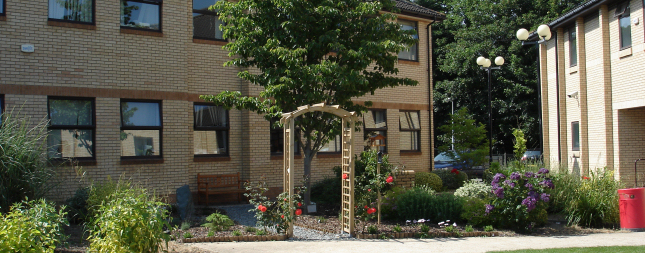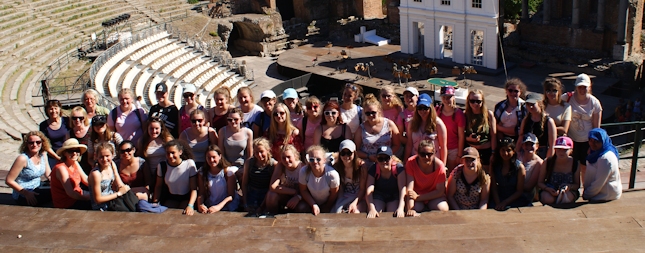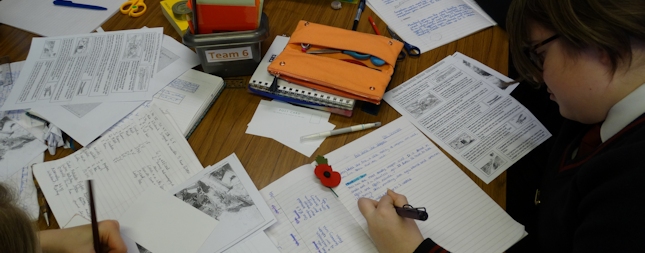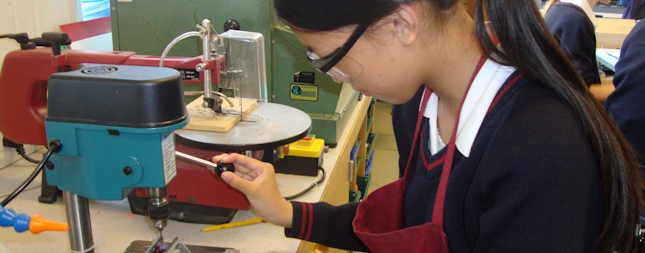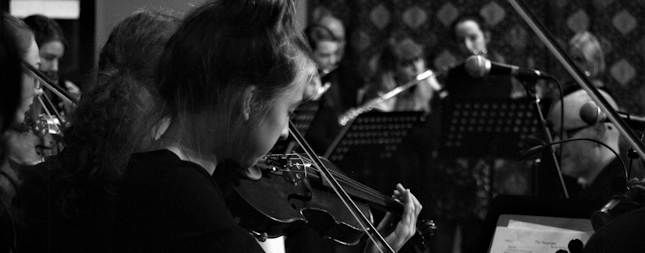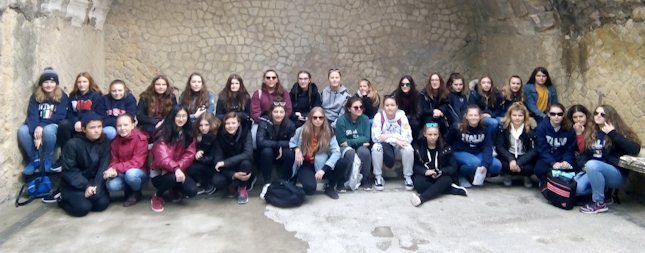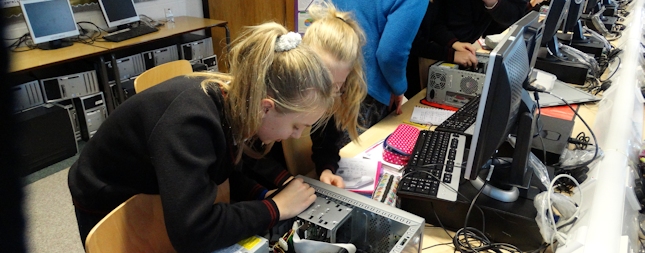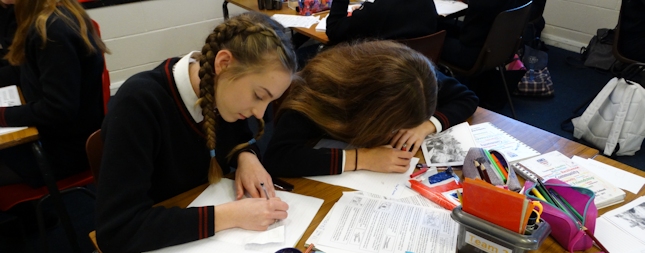Drama lessons aim to benefit the pupils in the following ways
• Develop pupils’ self-confidence and sense of self-worth by creating a supportive and constructive learning environment.
• Encourage a life-long appreciation of the arts.
• Develop an appreciation of alternative religion, culture and historic contexts and how drama is used to express the views of a playwright’s life experiences and the views of the society in which he/she lives/lived.
• Develop imaginative and creative processes and responses by involving pupils in a range of drama methods and activities.
• Develop the capacity to express ideas and feelings through drama by encouraging constructive responses to drama work, sharing ideas and selecting appropriate drama methods.
• Provide opportunities to see and hear a range of performances and drama through workshop based activities with those working within the theatre and live performance experiences.
• Develop the ability to work constructively as a member of a group using skills of leadership, discussion, negotiation and the blending of different people’s ideas.
• Develop the oral and physical skills intrinsic to dramatic training, including using language and movement appropriate to an individual role.
• Offer pupils the opportunity to experience aspects of theatre by rehearsing and presenting their work to others in the form of both small scale intimate performances to large scale musical productions.
